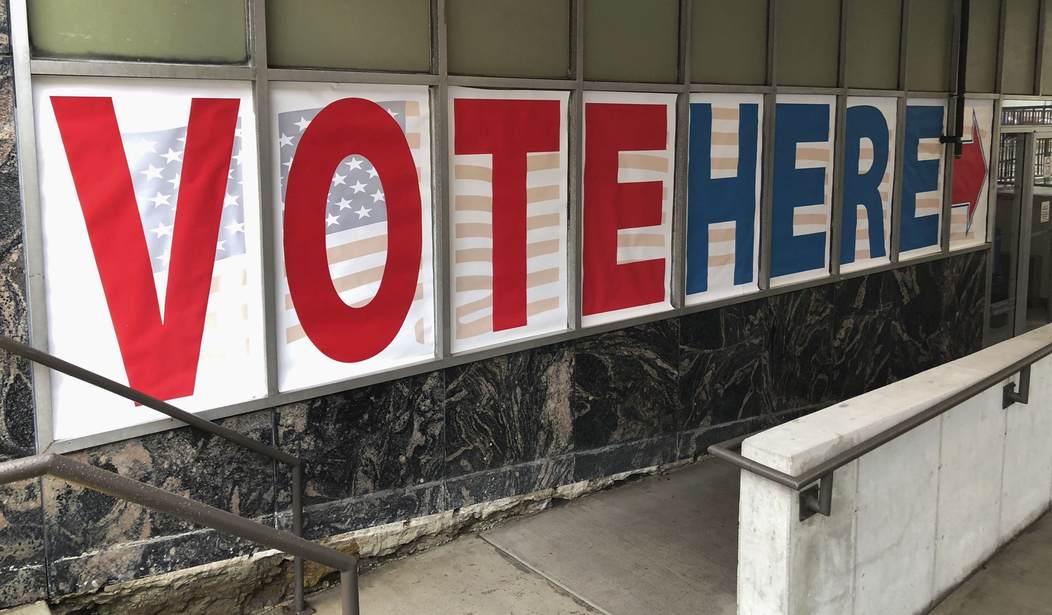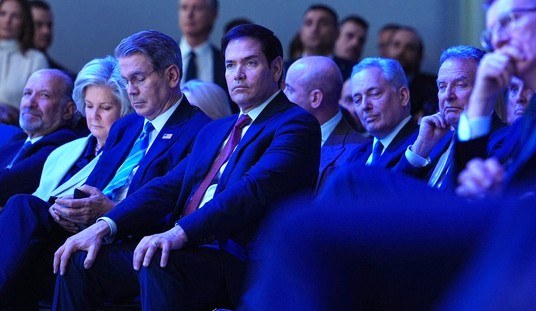In one of the most politically significant—but underreported—developments of the 2024 election cycle, a new survey reveals that Muslim Americans are no longer a reliable voting bloc for the Democratic Party. This shift reflects not only political disillusionment but a deeper cultural and ideological rift that is quietly reshaping the American electoral map.
According to a nationally representative poll conducted by J.L. Partners in collaboration with the Muslim American Leadership Alliance (MALA), the Muslim-American vote is now evenly split: 34 percent of respondents identify as Democrats, 34 percent as independents, and 33 percent as Republicans. Just four years ago, President Joe Biden secured 69 percent of this demographic. In 2024, Kamala Harris, then the Democratic nominee, garnered only 20.3 percent of the Muslim vote—while Green Party candidate Jill Stein captured a stunning 53 percent.
This political earthquake signals more than dissatisfaction with a particular candidate or administration. It reflects a growing realization among Muslim Americans that the Democratic Party has drifted away from the traditional, family-centered values that define their communities.
The numbers speak volumes. While 52 percent of Muslim Americans still view the Democratic Party favorably, a sizable segment supports policies typically associated with the Republican platform. The MALA poll found that 43 percent back the deportation of illegal immigrants, 44 percent support increased domestic oil drilling, and 62 percent favor eliminating taxes on tipped income. These are not fringe positions—they are mainstream conservative policies gaining ground with Muslim voters.
Recommended
Cultural concerns are just as pivotal. Many Muslim Americans have voiced unease with the Democratic Party’s promotion of gender ideology and LGBTQ+ content in schools, especially where it intersects with young children. These concerns are not rooted in intolerance—they stem from a clash between progressive dogma and deeply held religious and moral values.
Muslim communities in the U.S. prioritize modesty, family cohesion, spiritual tradition, and the protection of children. These values increasingly conflict with the Democratic Party’s progressive agenda on sexuality, gender identity, and parental rights in education.
Layered on top of this cultural divergence is a deepening sense of betrayal—particularly on foreign policy. From Israel and Gaza to Russia, Ukraine and Afghanistan, the Democratic Party’s foreign interventions have deeply affected Muslim-majority regions and undermined the moral credibility of U.S. leadership in the eyes of many Muslim voters.
Matt Duss, executive vice president at the Center for International Policy and former foreign policy advisor to Senator Bernie Sanders, argued in a January 2025 Guardian article that Democrats have become the party of militarism, ceding the anti-war mantle to Republicans. He warned that the party’s embrace of hawkish foreign policy has alienated voters who oppose U.S. interventionism—particularly in the Middle East.
This assessment tracks closely with electoral trends from 2024. In Michigan—home to one of the largest Muslim populations in the U.S.—exit polls showed that 59 percent of Muslim voters backed Jill Stein, while just 14 percent supported Kamala Harris. Duss’s critique underscores the electoral cost of a Democratic foreign policy increasingly at odds with its base.
Importantly, this realignment is not about blind allegiance to the GOP. It represents a pragmatic reassessment of leadership—especially regarding war, peace, and international justice.
Though Donald Trump remains a divisive figure, a plurality of Muslim voters (52 percent) now believe he is better suited than Joe Biden to broker peace in the Middle East. On the Israel-Gaza conflict, 29 percent of Muslim respondents expressed support for Hamas (granted, this is a troubling find), just 14 percent backed Israel, and 44 percent supported neither side—indicating a nuanced, issue-by-issue approach rather than rigid ideological alignment. It also reflects deep fatigue with the endless wars associated with Democratic leadership.
This is not a story of mass conversion to conservatism—it is a recalibration based on policy, values, and a demand for representation. Muslim Americans are asserting their political independence. No longer content to be treated as a monolithic voting bloc, they are making it clear: their loyalty depends on substance, not slogans.
If Democrats continue to double down on cultural progressivism and militarized foreign policy—while taking minority voters for granted—the Muslim realignment could be just the beginning. The Democratic coalition, once held together by identity politics and shared grievances, is beginning to fracture under the weight of its internal contradictions.
To be clear, this shift isn’t about rejecting democracy or civil rights. It’s about choosing alignment over allegiance. And in 2024, millions of Muslim-American voters made that choice.
As the 2026 midterms approach, both parties should take note: values still matter. And voters are watching—closely.
Editor’s Note: To celebrate the passage of the tremendous One Big, Beautiful Bill, we’re offering a fire sale on VIP memberships!
Join us in the fight against the radical left today and support our reporting as President Trump continues to usher in the Golden Age of America. Use promo code POTUS47 at checkout to get 74% off!

























Join the conversation as a VIP Member